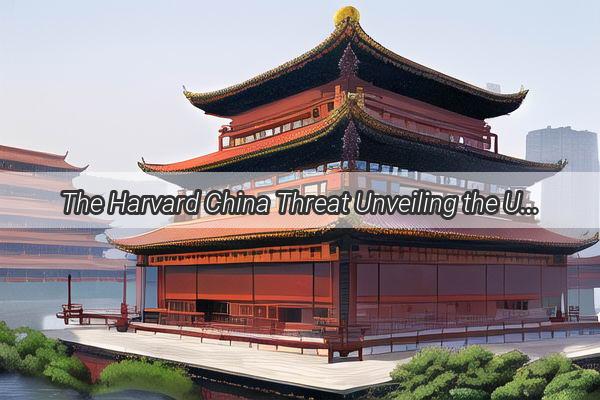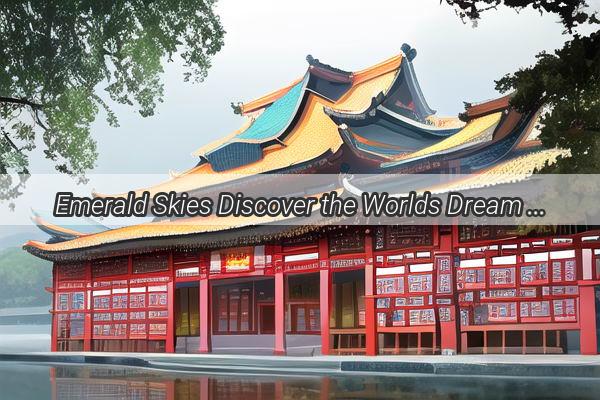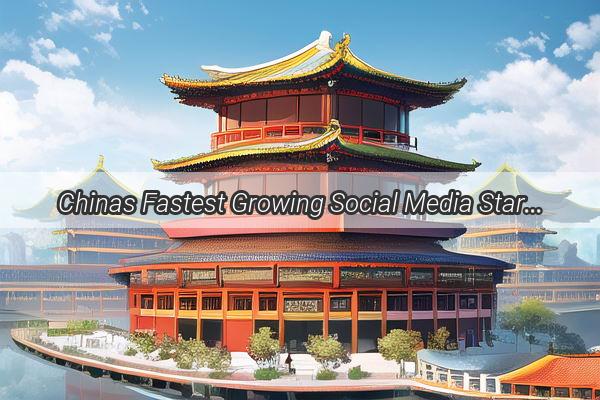Unveiling the Dragons Story How Western Scholars Reveal the Mysteries of Chinese History
In the grand tapestry of global history, the narrative of China has always been a captivating thread. Western scholars, with their diverse perspectives, have delved deep into the annals of Chinese history, seeking to unravel the mysteries that have long intrigued them. From the ancient dynasties to the modern era, this article explores how Western scholars have reinterpreted and reshaped our understanding of China's past.

The Quest for the Ancient Foundations
The journey begins with the ancient dynasties, where Western scholars have sought to uncover the roots of Chinese civilization. The discovery of the terracotta army at Xi'an, for instance, has provided invaluable insights into the life and times of the First Emperor, Qin Shi Huang. These meticulous archaeological finds have prompted Western scholars to reconsider the military might and bureaucratic efficiency of the Qin dynasty, challenging previous assumptions about Chinese history.
The Philosophical underpinnings: Confucianism and Beyond
Confucianism, as interpreted by Western scholars, has been a cornerstone in understanding Chinese society and its historical development. The emphasis on family, hierarchy, and the pursuit of moral rectitude has been scrutinized and reevaluated, shedding light on the intricate social structures that shaped China for centuries. The influence of Taoism, Buddhism, and Legalism has also been examined, revealing a complex interplay of ideas that have shaped the cultural landscape of China.
The Dynastic Cycle: A Pattern of Rise and Fall
Western scholars have often analyzed Chinese history through the lens of the dynastic cycle, a pattern of rise and fall that has characterized the Chinese political landscape. This cyclical view has prompted debates about the causes of dynastic collapse and the factors that contribute to a regime's longevity. By studying the successes and failures of past dynasties, Western scholars have aimed to provide lessons for contemporary China's governance.
The Silk Road and the Exchange of Ideas
The Silk Road, a network of trade routes connecting the East and West, has been a focal point for Western scholars. This exchange of goods, ideas, and cultures has been seen as a catalyst for the development of Chinese civilization. The influence of foreign powers, such as the Mongols and the Manchus, has also been explored, highlighting the interconnectedness of global history.
The Modern Transformation: From Imperialism to Revolution
As China entered the modern era, Western scholars have grappled with the tumultuous period of imperialism, revolution, and reform. The Opium Wars, the Boxer Rebellion, and the fall of the Qing dynasty have all been subjects of intense scrutiny. The subsequent rise of the Republic of China and the People's Republic of China under Mao Zedong has prompted questions about the nature of Chinese identity and the country's place in the world.
Challenges and Controversies
The study of Chinese history has not been without its challenges and controversies. Western scholars have often had to navigate the complexities of translation and cultural bias, ensuring that their interpretations are as accurate and fair as possible. The debate over whether China's history is characterized by continuity or change has been a persistent topic of discussion, with some scholars advocating for a linear view and others for a more cyclical perspective.
In conclusion, the study of Chinese history by Western scholars has enriched our understanding of this ancient civilization. By examining the philosophical foundations, dynastic cycles, and global interactions, these scholars have contributed to a more nuanced and comprehensive view of China's past. As China continues to evolve on the world stage, the insights gained from this interdisciplinary exploration will remain invaluable.









